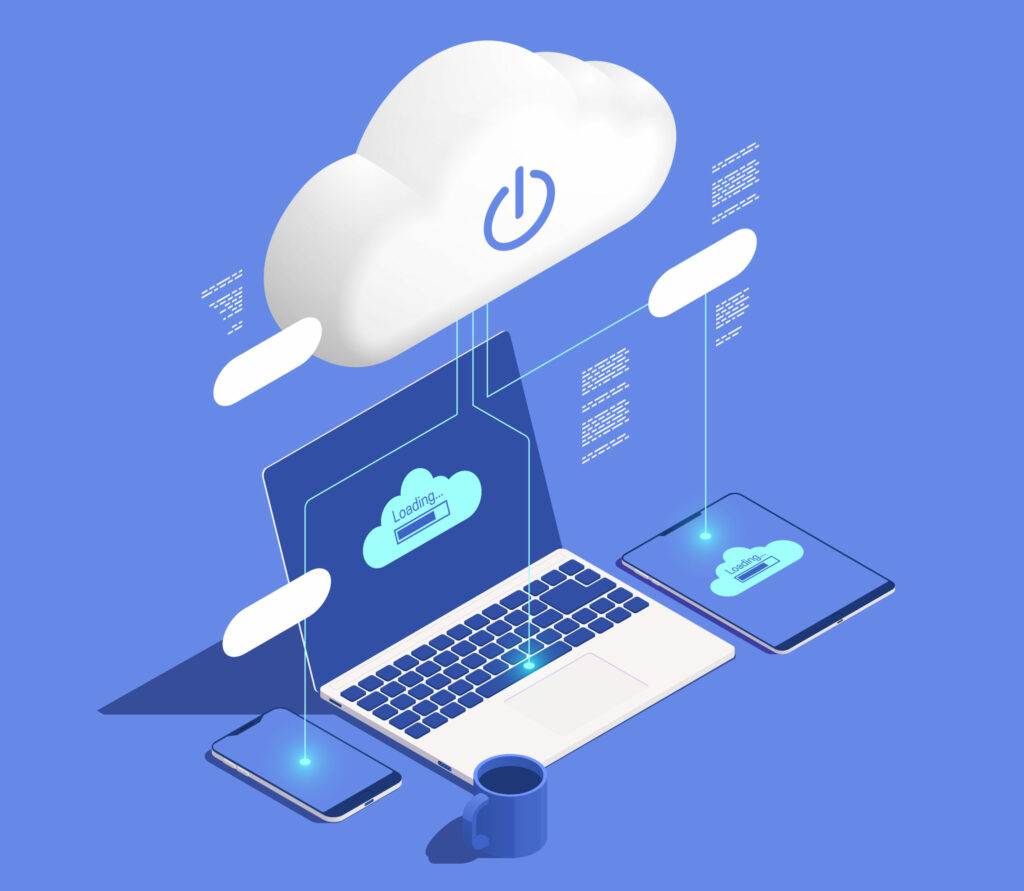M+E Daily

Wasabi: How to Avoid Costly Errors in the Cloud
Story Highlights
Any cost outside your company’s initial cloud bill estimates, which are complicated to calculate and hard to predict, falls under the category of an unexpected cost, according to Wasabi Technologies.
“Last year, 52 percent of organizations exceeded their budgeted spend on cloud,” David Boland, VP of cloud strategies at Wasabi, said during the Sept. 12 webinar “Avoid Costly Errors in the Cloud with the Next Generation of Compute & Storage.”
“Of those people who exceeded their budget, 90 percent of them said that it was either due to unexpected costs or hidden fees that they weren’t expecting,” he told viewers.
As frustration with cloud costs grow, organizations are actively moving to multi-cloud architectures built on next-generation cloud service providers who do not charge for data operations, transfer and egress. Instead of being locked into one hyperscaler’s vertical cloud, organizations want to pick and choose their storage vendor, their compute vendor, their content delivery network partners, and so on, according to Wasabi.
 That allows organizations to assemble a cloud solution using best-of-breed product from a new generation of cloud service providers who are working together to offer customers an alternative to the “walled garden” approach.
That allows organizations to assemble a cloud solution using best-of-breed product from a new generation of cloud service providers who are working together to offer customers an alternative to the “walled garden” approach.
During the webinar, Boland and Shauna O’Flaherty, co-founder and COO of Sushi Cloud, explained how cloud storage from Wasabi and compute services from Sushi Cloud are the perfect places to start implementing a multi-cloud strategy with no hidden charges.
They also explained: what’s driving the growth of cloud storage and compute; how unexpected charges impact cloud budgets; how to discover and avoid hidden charges; how Wasabi and Sushi Cloud are changing the economics of the cloud by providing better performance and immediate, secure and reliable access to all data at much lower and predictable costs; and how best-of-breed cloud services are driving the trend toward multi-cloud.
Sushi Cloud started about two and a half years ago now and spent the first year building its infrastructure and software with the “primary goal of delivering better compute at a more affordable price,” O’Flaherty said. The company has “made a lot of significant back end infrastructure changes.”
Sushi Cloud’s co-founder, Aaron Ceder Jackson, was on the founding team of Alienware so he has amazing infrastructure and hardware experience,” she noted. “We came together and said there has to be something different on the market that exists to really service the end user that’s not just the big three providers.”
She added: “We spent a lot of time and really took our time in R&D working with some of the major universities, providing amazing feedback during our beta period to really understand what the end user is looking for when it comes to compute in the cloud.”
Cloud storage company Wasabi, meanwhile, was founded in 2015 and launched its service in 2017, Boland noted. “We store just about any kind of data that you can imagine.” Since launch, Wasabi has grown to have more than 50, 000 customers, and there’s a wide range of services that we provide for them, he added.
Wasabi now has 13 regional locations, including two on the East Coast in North America, one in Toronto, one in Oregon, Sydney, Singapore, Osaka, and Tokyo in Japan, London, Paris, Frankfurt and Amsterdam. “And so we are growing our global footprint,” Boland added.









